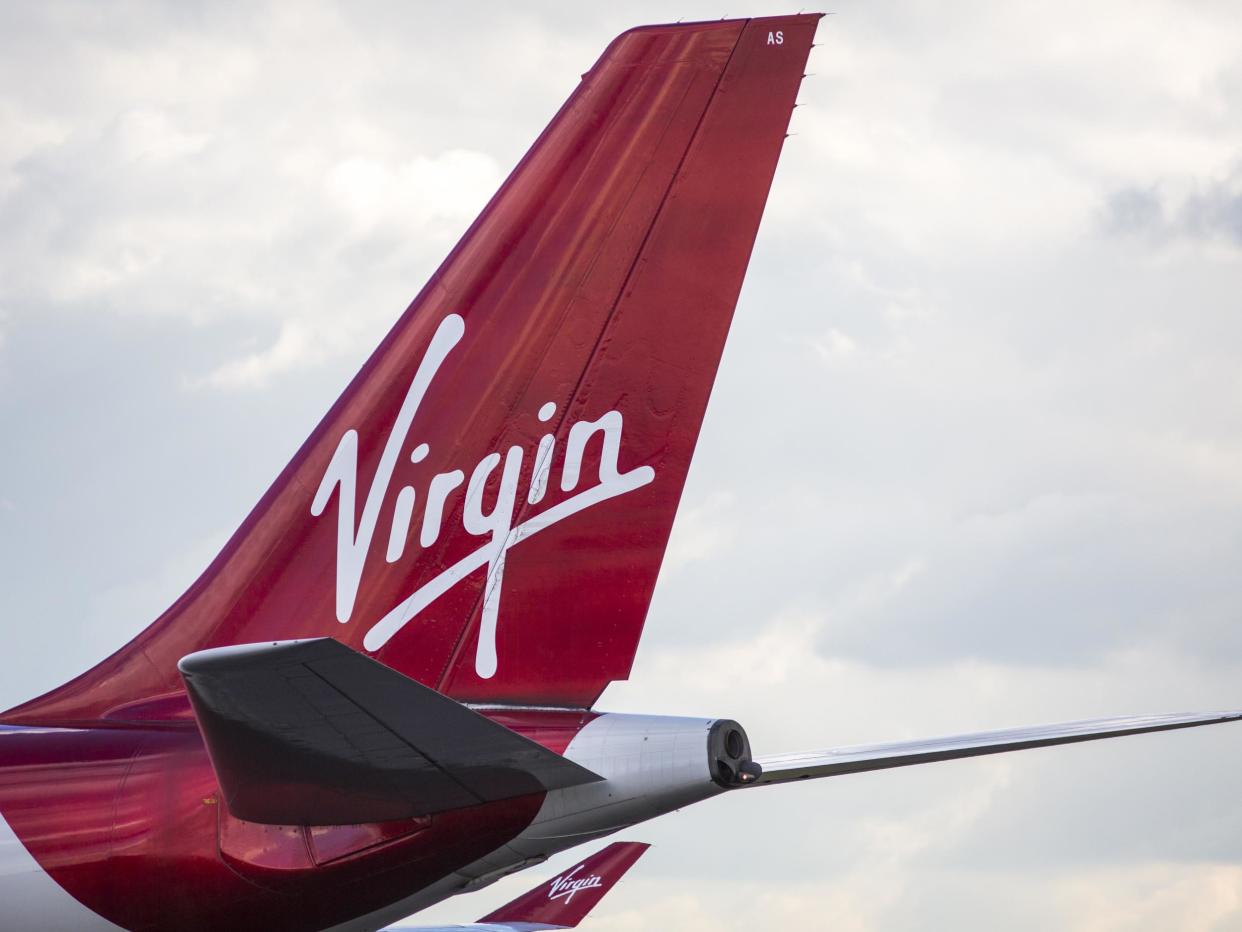Virgin Atlantic: where does it go from here?

“It’s strange to think but Virgin Atlantic has now been flying for half my lifetime,” wrote Sir Richard Branson in his letter to the airline’s staff about the sale of 31 per cent to Air France.
“I can still remember the day we started when Lord King from British Airways forecasted our early demise, claiming we were ‘too old to rock n roll, too young to fly’. Well, together we proved how wrong he was.”
Fresh, distinctive, innovative: that sums up the airline created against all the odds by a young record-company mogul.
“Virgin Atlantic has made a massive difference to people’s flying experience and changed the airline industry for the better,” says Sir Richard. He’s right. Starting with a single Boeing 747, Virgin Atlantic transformed transatlantic travel: an exclusive “bubble” on the Jumbo jets for Upper Class passengers, with free inflight massages, and free ice-cream with the movies down below. Europe’s first premium economy soon followed.
By moving from Gatwick to Heathrow and cherry-picking British Airways’ prime routes, Virgin Atlantic became a thorn in the flag-carrier’s side.
BA responded with the so-called “Dirty Tricks” campaign, hacking into Virgin Atlantic’s reservations to divert business passengers from Virgin’s Upper Class to its own cabins; it resulted in what Sir Richard calls “the largest libel settlement in British history,” divvied up among Virgin employees as a “BA Christmas Bonus.”
At the turn of the Millennium, the founder pocketed a cool billion pounds by selling a 49 per cent share to Singapore Airlines.
But as the traditional airlines upped their games, and US carriers freshened up financially with Chapter 11 bankruptcy, the skies became more turbulent. After 9/11 and the 2008 economic dive, Virgin Atlantic struggled. Singapore Airlines sold on its holding to Delta, and frequent flyers began to complain that the shots were being called from Atlanta (Delta’s HQ) rather than Crawley, where Virgin Atlantic has always had its base. But the airline retained its identity.
“Willie Walsh predicted that the Virgin Atlantic brand would disappear within five years as a result,” said Sir Richard. “Whether childishly or bravely, he also said he’d accept a knee in the groin from me if it didn’t. Well Willie, that five year point is up this December. And Virgin Atlantic is still flying strong.”
With 80 per cent of the airline in foreign hands, though, it will be a different airline.
“It’s an industrial-logic led transaction,” is how Shai Weiss, chief commercial officer of Virgin Atlantic, described the Air France deal. That leaves little room for a spark of romance. As the move was announced, executives from Air France and Delta talked of removing the seams from air travel — of a common experience across the partners.
Anyone who has endured economy class on Air France’s “Caribbean configuration” Boeing 777s will be dreading the prospect that Virgin Atlantic might emulate it from Gatwick to Antigua and Barbados. They will hope that Sir Richard’s vow to keep Virgin Atlantic a British carrier will be more than a geo-political necessity post-Brexit, and that he will keep a hand in guiding the airline he designed as the one he’d like to fly on.
Three years ago, Sir Richard told me: “I’ve been 50 years in business, somehow survived, still enjoying every minute of it. I'll continue till I drop, I love what I do, love creating things.”


